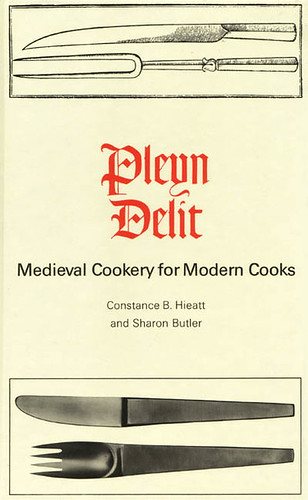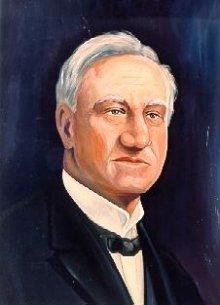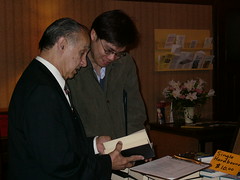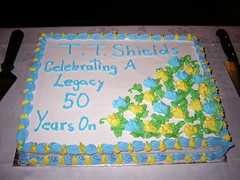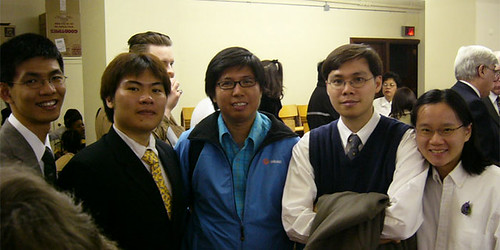An eventful haircut

“A bob, a rounded look… no layering please…” My wife tried her best to explain to the hairdresser.
She’s always had trouble getting what she wants for a haircut in North America. It’s the same story in Berkeley, California, and now Toronto, Ontario. I think the only other country outside Singapore where we know for sure that the random hairdresser would understand her specifications is Malaysia.
Admittedly, there were other complications that day. You see, the hairdresser was really a trainee, and my wife was not in a salon (where they charge 25CND for a cut) but a hair-styling college in the local mall (7CND). We are Singaporeans, after all.
The trainee told my wife that a “bob” in her world would mean much shorter hair at the back, which was exactly the opposite of what was desired, that is, shorter hair at the sides, longer at the back.
Here, the customers are mostly attended to by students; though supervised and—I gathered— given much help by three teachers. One of them stood out. Her benign and debonair bearing—not to mention a very spunky hairstyle for a middle-aged looking Asian aunty—marked her out as the authoritative one around here. She was very much in demand too, and it didn’t take long for my wife to learn her name: Yoshi.
But I was talking about the trainee, inexperienced in way of the Asian bob, and having difficulties understanding what my wife wanted. She tried to be friendly enough, but unbeknownst to her, her complaints to a colleague at the counter was overheard (by my mother-in-law who, was then visiting with us).
“I can’t cut without a style! She must give me a style! How can I cut without a style?”
Despite having been told from the beginning that the hair should reach about 1 inch below the ears, the trainee had to re-trim. Twice. At least she was scrupulous in explaining how the trainees were advised to err on the side of caution: complaints were apparently not uncommon and cut hair not being immediately replaceable.
An hour must have passed before she had trimmed to the desired length, and now she asked for a teacher to hear the requests regarding that dreaded “rounded look”. The teacher too did not seem to understand.
Another fifteen minutes and little progress.
Yoshi was then called, and everything changed from that moment on. She listened for a little while to what was wanted, said “Ok,” proceeded to give instructions to the student, and began to work on my wife’s hair herself. Though calls never stop coming in for her to do one thing or another, she never missed a beat, giving out instructions for the traineers to handle each crisis even as she cut away.
Almost halfway through, a call came for Yoshi from the counter: an irate customer had returned to complain about the red dye bleeding into her blond. She was obviously very upset: and in all her gesticulations and explanations, she just came short of stamping her foot and demanding in tears a free “correction” treatment for her allegedly freaky look. (My wife assured me, however, that she looked quite normal.)
The trainee stylist who had attended to her tried several times to “but” in. Her attempts to defend herself, though polite, were obviously still grating to the customer.
Yoshi never stopped cutting through all this drama. She simply said “Ok,” occasionally, and whenever the customer paused her ranting, said very calmly, “It looks alright. Red will bleed a little…”
After about 10 minutes, the customer had said her fill, failed to get a free treatment from Yoshi, and left.
“Girls, you must learn to keep quiet. Let the customers say what they want. When customers are angry, they won’t listen. Just let them talk…”
“But, but…”
“See? But again. Learn to keep quiet. When they are finished talking, they’ll go. Ah ah ah… see? There you go again. Go and have some cake in the other room.”
My wife’s hair was almost done, and Yoshi had understood perfectly what was wanted. Maybe it’s the Asian schoolgirl haircut she’s familiar with.
[Based upon true events.]

